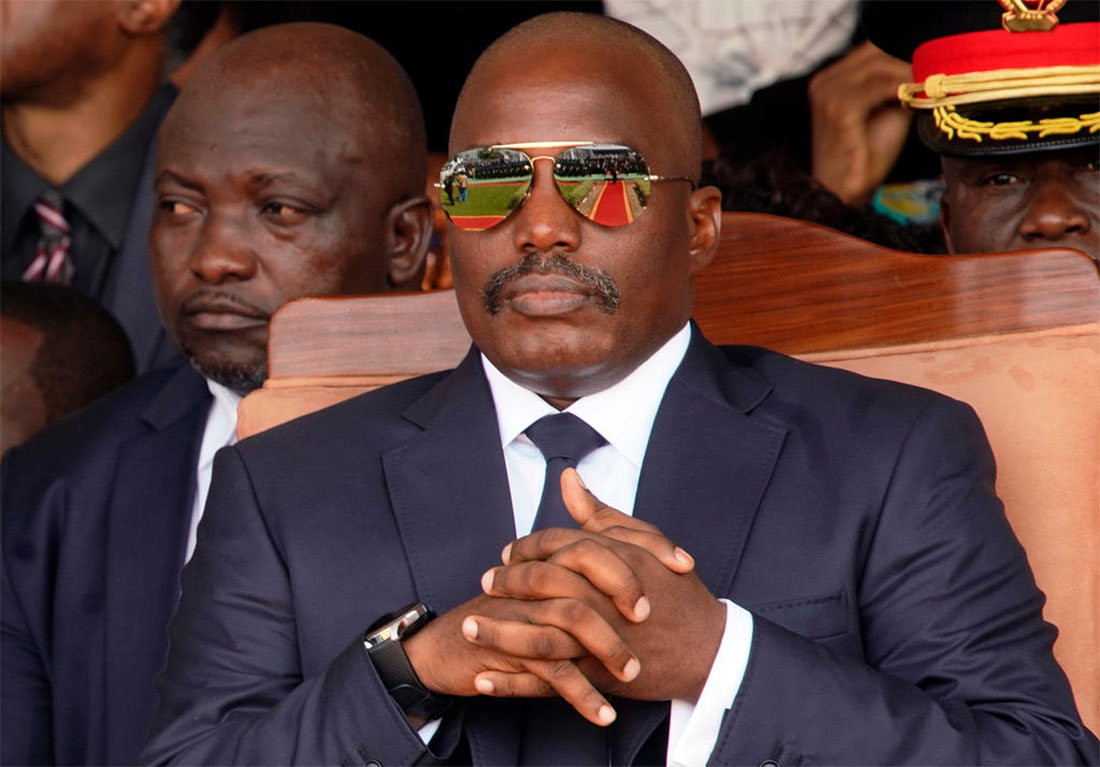Photo Credit: Getty Images
In an extraordinary political shift, the Democratic Republic of Congo has officially stripped former President Joseph Kabila of his lifelong immunity, setting the stage for what could become one of the most consequential prosecutions in the nation's post-independence history. The former leader, once deemed untouchable as a "senator for life," now faces treason and war crimes charges linked to alleged support for the M23 rebel group.
The senate's decision came after a near-unanimous vote, with nearly 90 senators supporting the motion and only five opposing it. Senate Speaker Jean-Michel Sama Lukonde announced the ruling with grave finality, clearing the path for the judiciary to pursue Kabila. The military prosecutor had formally requested the waiver of immunity, citing extensive documents, testimonies, and material evidence implicating the 53-year-old ex-president in coordinating with M23 militants, whose insurgency continues to destabilize the mineral-rich eastern regions.
Kabila, who led the country from 2001 to 2019 following the assassination of his father Laurent Kabila, has remained silent on the accusations. Although his political party, the People's Party for Reconstruction and Democracy (PPRD), has dismissed the move as political theatre, government officials maintain that accountability must prevail. Justice Minister Rose Mutamba has ordered the seizure of Kabila's assets and demanded his return from South Africa, where he has been residing since 2023.
Adding to the gravity of the situation are conflicting reports regarding Kabila's presence in Goma, a city currently under M23 control. Although his party has denied these claims, the government remains firm in its stance that any involvement with rebel forces must be thoroughly examined. Last month, the PPRD was banned due to its ambiguous stance on the M23 occupation, underscoring mounting tensions between the state and remnants of Kabila's political machinery.
The accusations strike at the heart of the country's ongoing struggle with internal rebellion and international diplomacy. Rwanda, repeatedly accused of backing M23, has denied involvement, but the fighting has forced hundreds of thousands to flee their homes. A preliminary peace deal between DR Congo and Rwanda was signed in Washington last month, yet any prosecution of Kabila threatens to complicate those efforts.
While some observers see this trial as a long-overdue reckoning, others warn of further destabilization in a country already strained by conflict. Regardless of its outcome, the case marks a turning point in Congolese governance, where former heads of state are no longer guaranteed immunity in the face of serious criminal allegations.


